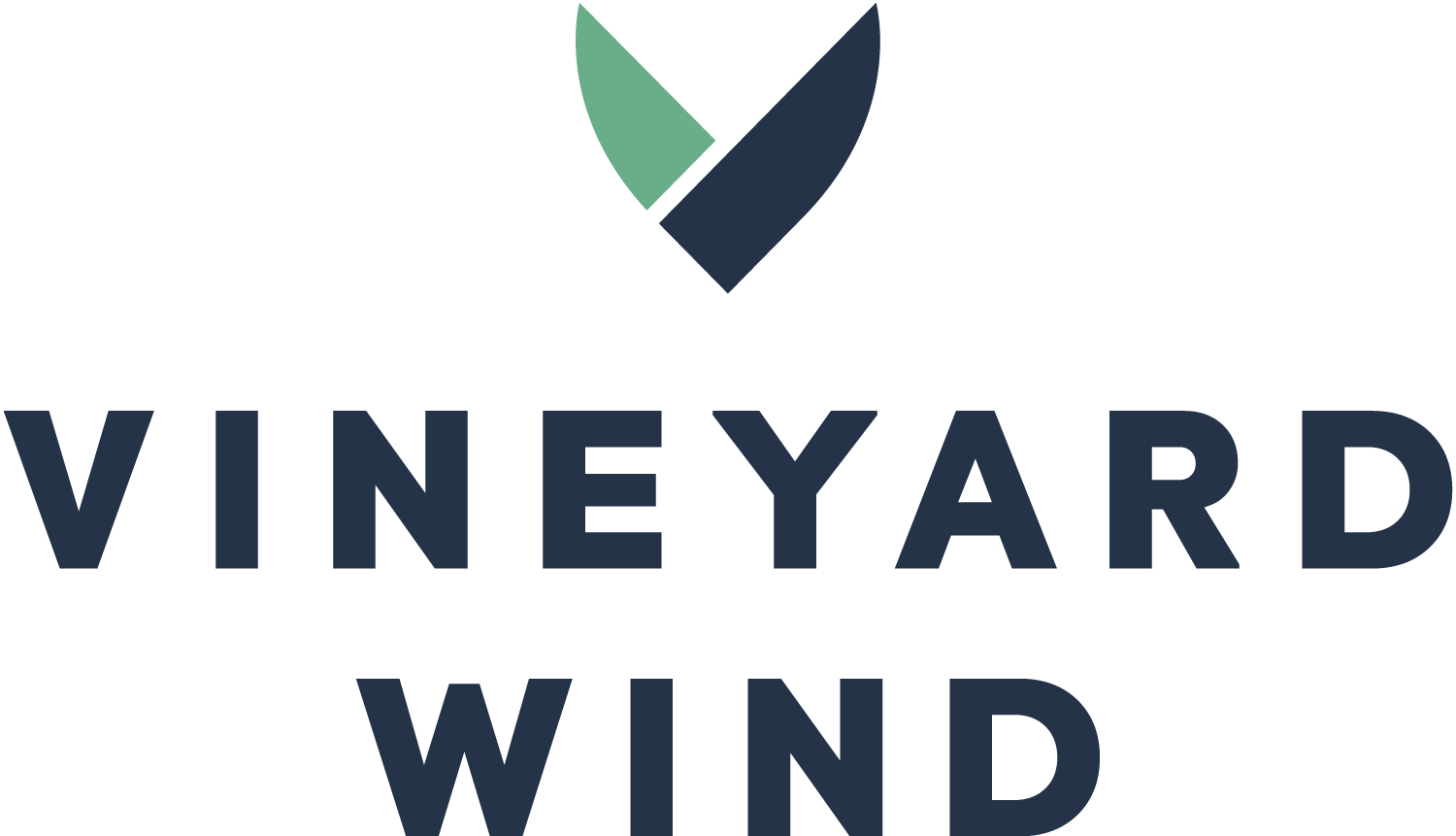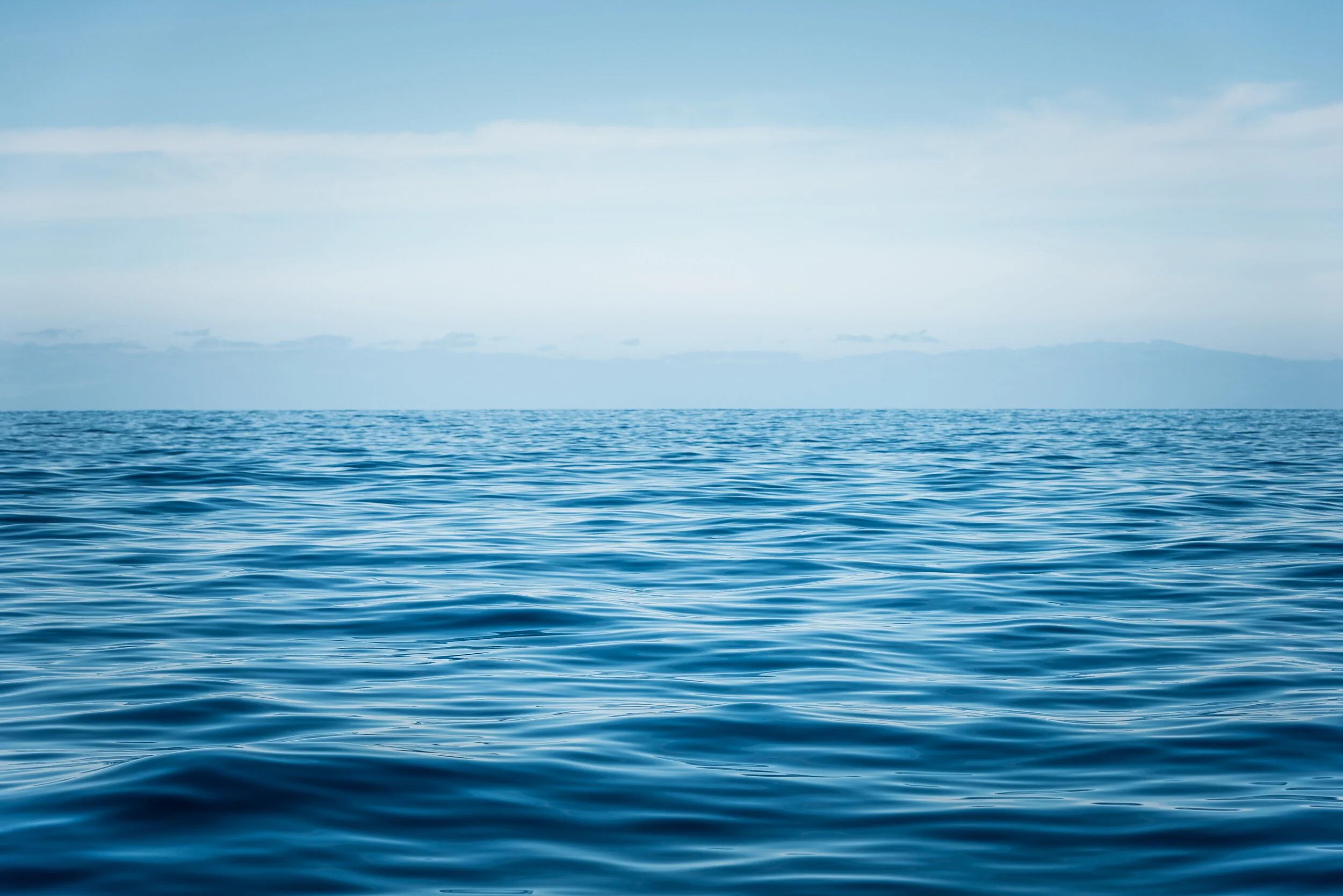(3/11/2020) - Vineyard Wind and researchers from the UMASS School for Marine Science & Technology presented an update about the Vineyard Wind Fisheries Monitoring Plan. Read more here.
(10/1/2019) - The New England Aquarium Anderson Cabot Center for Ocean Life is partnering with Vineyard Wind document the presence of highly migratory species (HMS) and HMS recreational fisheries in the southern New England wind energy lease areas. Recreational Fishermen, learn more about the survey and how to respond online here.
(9/16/2019) - Vineyard Wind is gathering information to be used in a radar analysis looking at the potential effects of offshore wind turbines on radar systems used by fishing vessels. When the radar analysis is complete results will be shared with BOEM, USCG and the report will be available on our website. To obtain an accurate representation of radar units typically used in different fishing fleets, we are asking fishermen to provide information about the units they have on board. Please fill out the brief questionnaire here.
SMAST provides report of fishermen workshops and recommendations for fisheries surveys and monitoring. The report’s recommendations are based on input from commercial fishermen, regulators, and academics. Key recommendations are for a committee of fishermen to provide on-going input into the fisheries survey process, and for a “modular and nested” design to integrate studies across projects, phases of projects, and with existing regional studies programs such as NEAMAP.
Innovative video trawl survey method trialed by SMAST with funding from Vineyard Wind. Trial concludes that further development of the method is needed before it can be utilized in the area south of Martha’s Vineyard, due to bottom conditions.
SMAST conducts four workshops in Rhode Island and New Bedford and on Martha’s Vineyard and Cape Cod to solicit input in the study design from fishermen. Over 100 participants provide input, 75 of them active fishermen.
Vineyard Wind engages SMAST to design and undertake fisheries studies pertaining to the project, asking that SMAST identify issues and research questions most important to the commercial fishermen in the region, and provide recommendations for how studies related to project construction can also support long-term, regional studies efforts.









